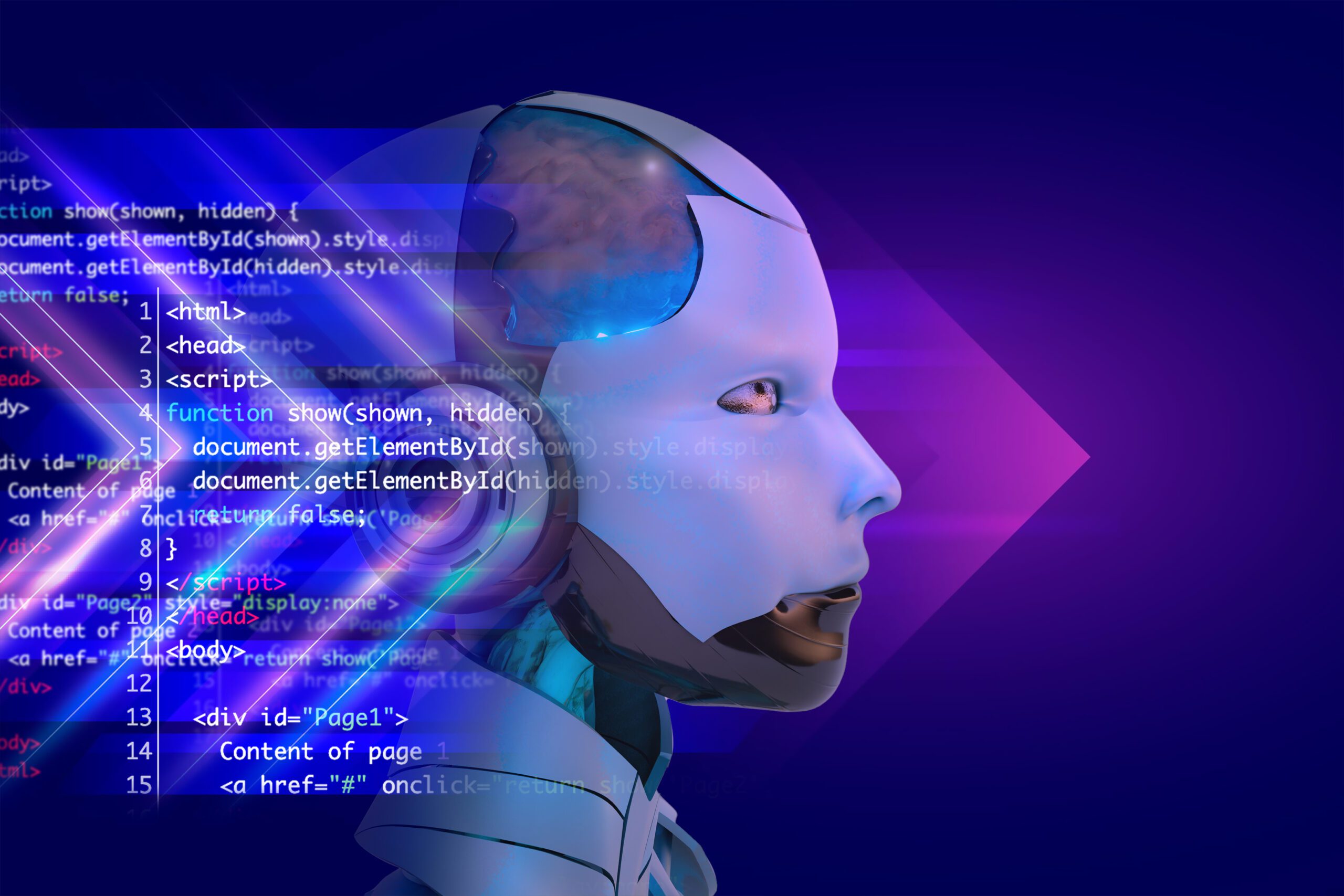Artificial Intelligence (AI) has brought about transformative advancements across various industries, but with its increasing influence comes a set of risks and challenges that demand careful consideration. As AI continues to evolve, it is essential to identify and address potential pitfalls to ensure responsible development and deployment. In this article, we will explore three significant risks associated with AI and the measures needed to mitigate their impact.

- Bias and Discrimination
One of the most critical risks of AI lies in the potential for bias and discrimination. AI algorithms learn from vast amounts of data, and if the training data is skewed or reflects existing societal biases, the AI system can inadvertently perpetuate these biases. This can result in unfair and discriminatory outcomes, particularly in sectors like hiring, lending, and criminal justice.
For instance, a hiring algorithm trained on historical employment data might favor candidates from specific demographics or educational backgrounds, leading to a lack of diversity within the workforce. Similarly, AI-powered decision-making in the criminal justice system might disproportionately target certain communities due to biased historical data.
To mitigate this risk, developers must be vigilant in identifying and addressing biases in training data. Using diverse and representative datasets and implementing fairness metrics can help ensure that AI systems are equitable and unbiased. Additionally, involving multidisciplinary teams in AI development can provide a broader perspective on potential biases and promote ethical decision-making.
- Security and Privacy Concerns
As AI becomes increasingly embedded in various applications and devices, it presents heightened security and privacy risks. AI systems often rely on vast amounts of sensitive data to make informed decisions, raising concerns about data breaches and unauthorized access. Malicious actors may exploit vulnerabilities in AI algorithms to manipulate or deceive the system, leading to adverse consequences.
Furthermore, AI’s ability to process and analyze data poses privacy concerns for individuals. With AI capable of extracting insights from vast datasets, there is a risk of re-identification, where seemingly anonymized data can be used to identify individuals, compromising their privacy.
To address these risks, organizations must implement robust security measures to protect AI systems from cyber threats. Regular vulnerability assessments and updates are essential to keep AI technologies resilient against evolving threats. Additionally, adhering to privacy regulations, obtaining informed consent, and adopting privacy-enhancing technologies can safeguard individuals’ data and privacy rights.
- Unemployment and Economic Disruption
AI-driven automation has the potential to significantly impact the job market, leading to workforce displacement and economic disruption. As AI systems automate repetitive and routine tasks, certain job roles may become obsolete, creating a need for workforce retraining and upskilling to meet the demands of new roles.
Industries that rely heavily on manual labor, such as manufacturing and customer service, are particularly vulnerable to AI-driven automation. This could result in short-term unemployment and exacerbate income inequality if adequate measures are not taken to support affected workers.
To address the risks of unemployment and economic disruption, governments, businesses, and educational institutions must collaborate to develop comprehensive reskilling and retraining programs. Equipping the workforce with skills that complement AI technologies, such as problem-solving, creativity, and emotional intelligence, can ensure a smoother transition into new job opportunities. Additionally, exploring the potential of AI to create new roles and enhance productivity can lead to more sustainable economic growth.
Conclusion
While AI holds tremendous potential for innovation and progress, it is essential to recognize and address the associated risks. Bias and discrimination, security and privacy concerns, and unemployment and economic disruption are three prominent risks that demand careful attention and mitigation strategies.
By prioritizing transparency and fairness in AI development, addressing data privacy concerns, and investing in workforce development, we can harness the power of AI while ensuring its responsible and ethical use. Multidisciplinary collaboration among researchers, policymakers, and industry stakeholders is crucial in navigating the uncertainty of AI and building a future where AI technologies serve humanity’s greater good.
As we continue to integrate AI into our society, ongoing research, proactive risk assessment, and the establishment of ethical guidelines will be key to maximizing the benefits of AI while minimizing its potential risks. Striking a balance between innovation and responsibility will pave the way for a future where AI truly enhances our lives and drives positive change.